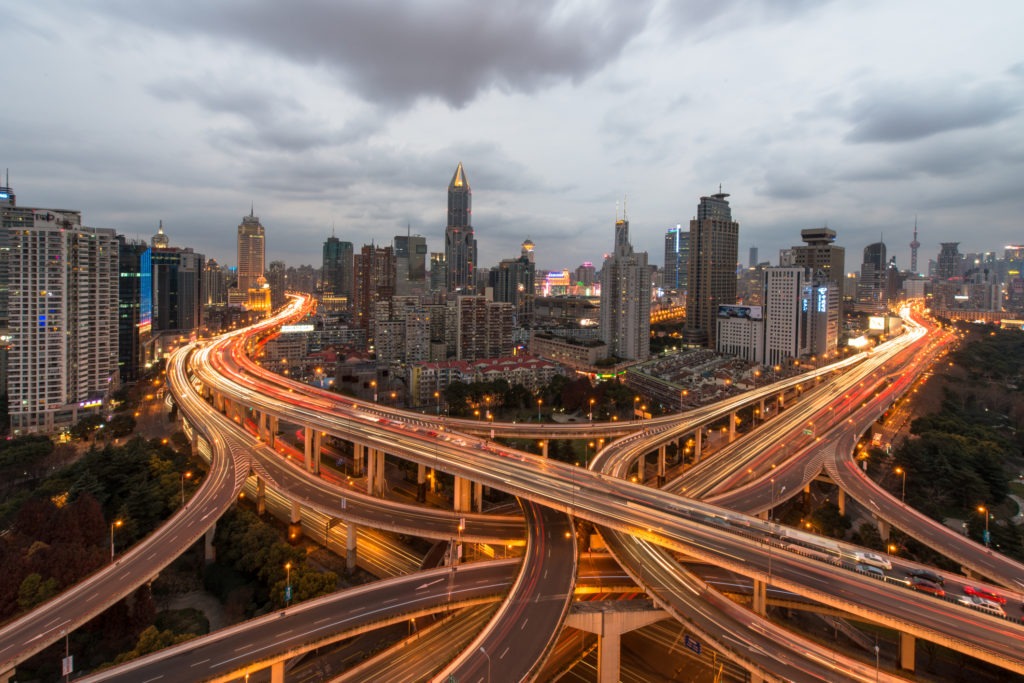OEM despair as strict China EV quotas remain unchanged
14 June 2017

14 June 2017
No change has been made to what are by far the toughest electric vehicle (EV) uptake requirements worldwide in the latest draft proposals released by China’s MIIT (Ministry of Industry and Information Technology) on Tuesday, despite German Chancellor Angela Merkel agreeing concessions with Chinese Premier Keqiang earlier this month. The news comes as China’s domestic car players are expected to coalesce around five big domestic players over the coming years.
German policymakers fear that a broader game of Chinese cat and mouse is at play, with China smelling an opportunity with the electric car revolution to develop a critical mass faster than other parts of the world. Foreign carmakers have to operate in China through joint ventures with domestic OEMs, effectively providing domestic OEMs with their foreign partners’ expertise. This would allow it to get the economies of scale necessary to compete globally just at a time when its domestic carmakers are looking to expand overseas.
With Merkel’s intervention seemingly fruitless, no changes to the timings of the introduction of China’s EV quotas were made in the latest draft, posted on the website of the Legislative Affairs Office for China’s cabinet, in proposals largely unchanged from the draft released last September. These unchanged quota targets force carmakers to sell enough electric or plug-in vehicles to generate sufficient ′credits’, which are equivalent to 8% of the carmaker’s sales by 2018, 10% by 2019 and 12% by 2020. The number of credits per car varies depending on the car’s level of electrification and does not include non-plug-in hybrids. The only significant change is a tweak to the credit system that rewards electric vehicles with longer ranges, with a multiplier that will give them more credits and shorter range EVs less. The latest proposals are open for public comment until June 27.
Furthermore, the quotas are already on top of strict fuel economy requirements, which are set to become among the world’s toughest by 2020. China is battling to fight urban air pollution and smog which plagues many of its cities but it remains unclear why forced EV targets are required in addition to the fuel economy targets.
Responding to suspicions of China’s economic power play, Dominik Declercq, China representative for the European Automobile Manufacturers Association (ACEA) said to Reuters: ′That’s what it looks like: no compromise, no concession.’
However, German Ambassador to China Michael Clauss was careful to avoid jumping to conclusions over the apparent U-turn, saying: ′It seems that the political leadership has understood that this is a problem but there seems to be a disconnect between them and the working level at MIIT.’
Carmakers have pushed hard to be given more time to meet the quotas and although Merkel and Li did not announce specifics when they confirmed China would make concessions on the introduction of the quotas, industry sources told Reuters the two leaders had agreed to delay the 8% sales-equivalent requirement to 2019 (a delay of one year), and also to allow carmakers that miss the quota target in early years to make up for them later on.
Many carmakers have effectively said they will be unable to meet the quotas, and a large number is likely to have to sell the EV component of their sales at a loss in order to meet the quotas. Volkswagen Group, whose China unit is forecast to account for 50% of its entire global sales in the coming years, has said it will comply with the 2018 quota if the government forces through the legislation unchanged.
However, smaller players in the market are likely to seriously struggle, which is why suspicions of China having a bigger picture ulterior motive are growing. Those expected to struggle include smaller Chinese carmakers, of which there are hundreds. However, their number is forecast to decline rapidly over the coming years, with a mature market of five gigantic domestic players emerging, according to the president of Chinese giant Chang’an Automobile. All have their sights on going global and taking on the world.
With the Chinese car market being by far the largest by sales in the world, and with strong Chinese infrastructure and cheaper labour, economies of scale are highly likely to lead to intensification of any markets in which they enter, such as the introduction of Geely Automotive’s Lynk brand in Europe in 2019, particularly with regards to EVs as the electric revolution begins in earnest.
Questions raised at the ′Diesel or Petrol: How to identify the best choice for your fleet’ International Fleet Management Institute webinar highlighted that fleet managers expect considerable impact on the European market from the introduction of Geely’s Lynk across the region in the coming years.